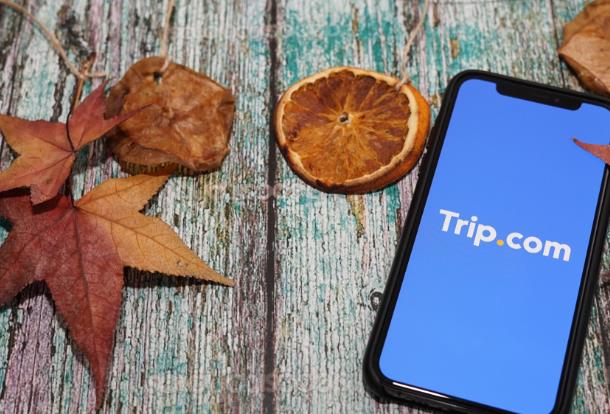There’s a question everyone, especially in the travel industry, is asking right now: how long will it be until people are allowed to travel again? And when they are, how long will it take for travel bookings to return to pre-crisis levels?
To provide some hints in answering these questions, Travelandmobility.tech, the research team at Lufthansa Innovation Hub ran an unconventional data analysis to predict how long travel bookings will continue to decline based on learnings from various travel sectors and how they performed in China since the outbreak of the virus in December.
First, it looked at Chinese app-download trends across the major categories in Travel and Mobility Tech – namely air travel, online search and booking, accommodations (hotels and apartments), urban mobility (bike-, car- and ride-sharing) as well as tours and activities. For each sector, we selected the top five mobile apps based on app download volumes within the last 12 weeks in China. We then calculated the week-over-week change in app downloads and smoothed the trend lines by using a two-week moving average. The results are promising and provide some much-needed optimism.
At the time of writing this article (March 26), China is in the midst of ending travel restrictions in Hubei, the province where COVID-19 first emerged. Starting this week, healthy residents will be allowed to travel outside of their province again, and it seems as if they are not the only ones in China looking forward to that freedom.
According to weekly changes in airline-app downloads, it sees a clear pattern in the analysis: an almost perfect V-Curve. It is characterized by a rapid and abrupt slump in app downloads, all the way down to a negative 50% week-over-week decline in the week of Feb 9th, with just as much of a rapid uptake shortly after, reaching positive growth rates (compared to the previous week) in the week of March 8th – about 42 days, or roughly 6 weeks after constant declines.
The recovery mode set in almost immediately after China had resumed business operations in all 30 mainland provinces (except for Hubei) on February 10th, even before the infection rate reached its all-time peak on Feb 17th. It seems that the moment restrictions are lifted, interest in travel soars again.
For instance, airline app download volumes in China have been up 73% since early March compared to its lowest point at the end of February. It is suspected these app download trends highly correlate with the number of flight bookings as well as people getting mentally ready to travel again.
As with the previous findings on airline apps, the V-curve is visible in all the Travel and Mobility Tech related categories. However, the research team spotted a difference in terms of the extent of the V-curve and the respective “recovery time”, i.e. the number of days in constant week-over-week declines.
Urban-mobility transport options such as e-bikes, car-sharing, and ride-hailing show the fastest recovery time of 21 to 28 days. Search and booking platforms (OTAs), as well as accommodation apps (e.g. hotels and apartments), show an average recovery period that is significantly longer (42 days).
Read Original Article




